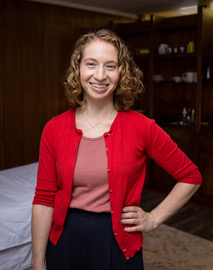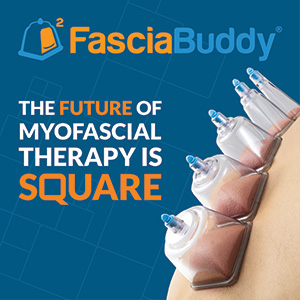There are several foundational texts that lay the groundwork for Chinese herbal medicine. Usually when you think about the Shang Han Lun, you’d immediately think of herbs. And when you think about the various herbs that make up the classic prescriptions, you’ll realize they all have a flavor, direction and character. In essence— a kind of qi.
In this conversation with Maya Suzuki we discuss the dynamic of Gui Zhi Tang. How it leaves palpable traces in the body. And how to use acupuncture in a way that speaks to the action of each of the individual herbs, and the overall character of the formula.
Listen into this conversation on the character of qi, inquisitiveness in the clinic, the trouble (and benefit) of not being able to remember everything, and how using our hands and attention helps to create a stream of attention that allows us know in the moment what to do next.
In This Conversation We Discuss:
- Learning medicine requires countless cycles of iteration
- Japanese acupuncture requires an understanding of foundational techniques
- Dispersing: quick, shallow and fast. Tonifying: slow, deep and few
- Kampo looks at the function of a formula, not the individual herbs
- Gui Zhi Tang is the Alpha and Omega of the Shang Han Lun
- Xie and Zheng, the perspective that qi is neither good or bad, but rather useful or in the wrong place
- In the Gui Zhi Tang presentation look for xie qi at the back of the neck and along left side of sternum
- Often enough, patients will misjudge the early signs of getting sick
- Gui Zhi Tang is a condition of weakness below and excess above
- Muted concentration: the capacity to focus on the needle and at the same time attend to the light in the room, temperature and breeze outside
Keep good posture, channel your ki, except the limitations of your abilities, and find a mentor to help you attain higher.
 My acupuncture journey commenced with limited Japanese language skills and a deep aspiration to become an acupuncturist. I am confident that my journey can serve as an inspiration for your own path. In under 15 years, I’ve achieved remarkable milestones, including graduating from a Japanese acupuncture school and obtaining dual licensure in acupuncture and moxibustion, both in Japan and the United States.
My acupuncture journey commenced with limited Japanese language skills and a deep aspiration to become an acupuncturist. I am confident that my journey can serve as an inspiration for your own path. In under 15 years, I’ve achieved remarkable milestones, including graduating from a Japanese acupuncture school and obtaining dual licensure in acupuncture and moxibustion, both in Japan and the United States.
My passion for Japanese acupuncture has propelled me to successfully organize, translate, and instruct workshops across North America, Israel, and Japan. Through ShinKyu University, I’ve had the privilege of guiding and mentoring countless students, whether through online courses or in-person classes.
Presently, I oversee a flourishing acupuncture clinic, with bookings scheduled weeks in advance. My acupuncture approach is firmly rooted in practicality and precision, prioritizing measurable results and technical mastery. I instill this philosophy in my students, emphasizing the importance of achieving quantifiable outcomes with every needle and moxibustion cone. Drawing from my extensive hands-on experience and mentorship in Japan, I’ve distilled this knowledge into ShinKyu, an empowering program designed to facilitate your journey toward greater success and the delivery of effective treatments, all without the constraints of rigid protocols.
.














